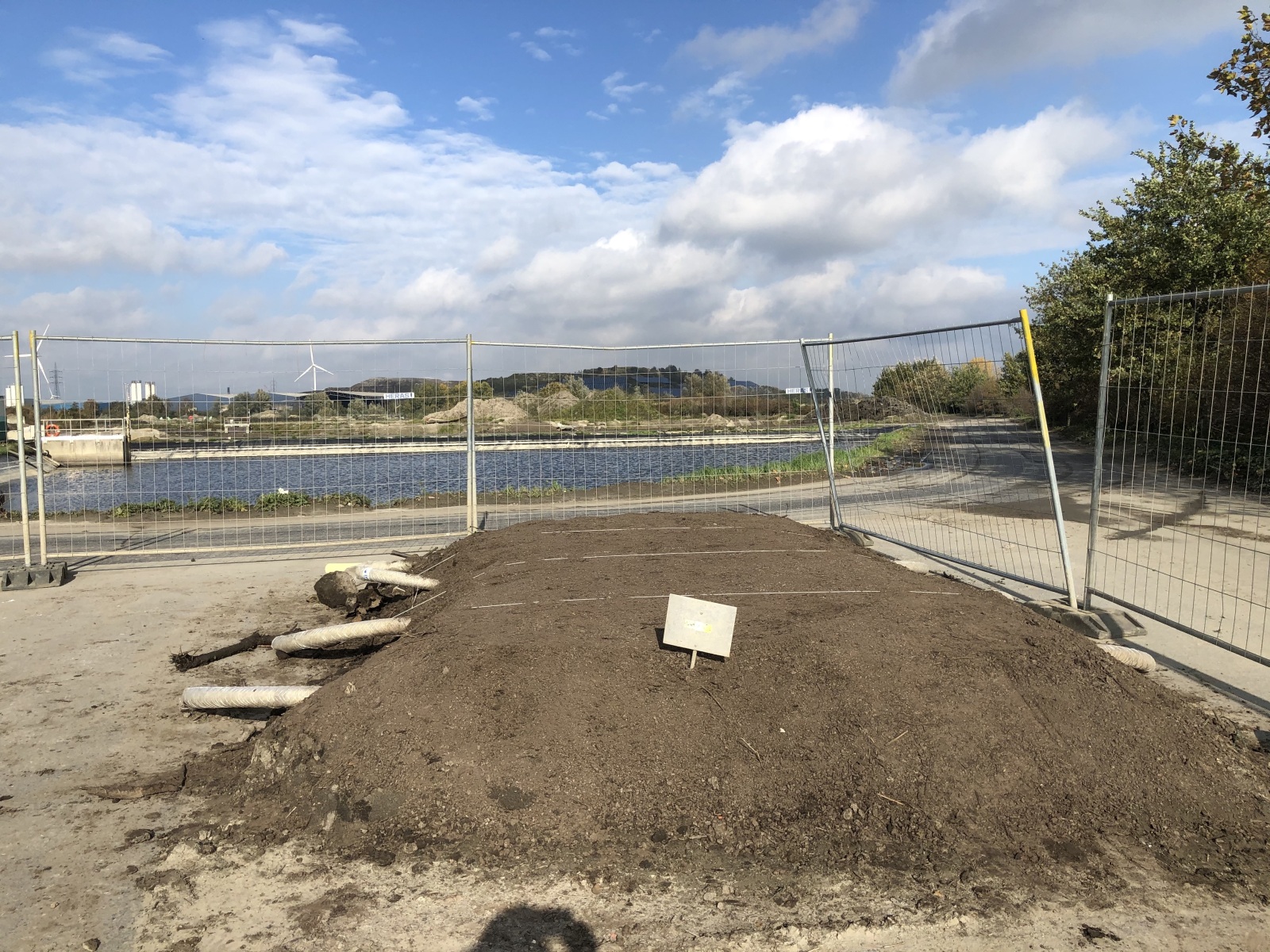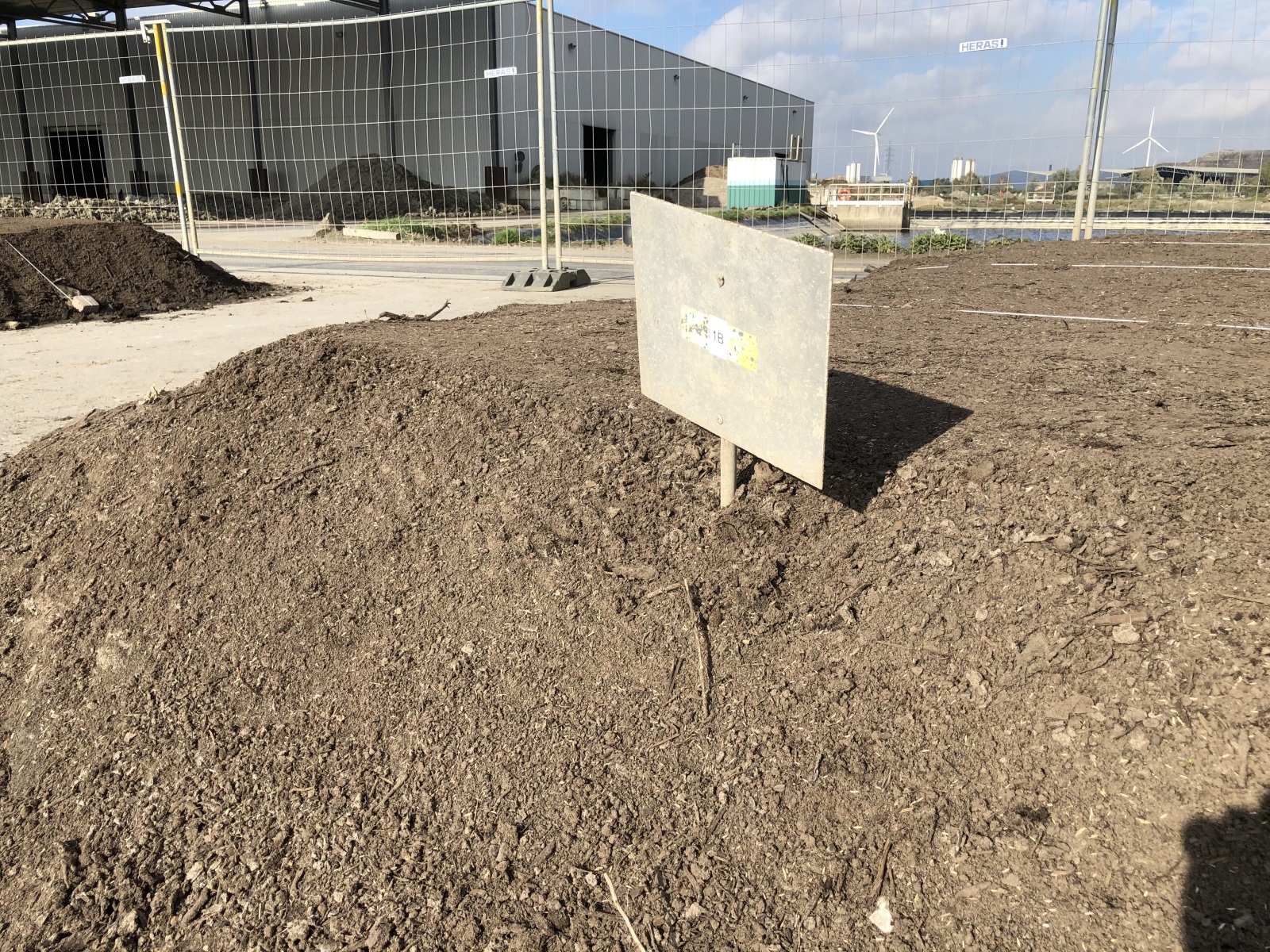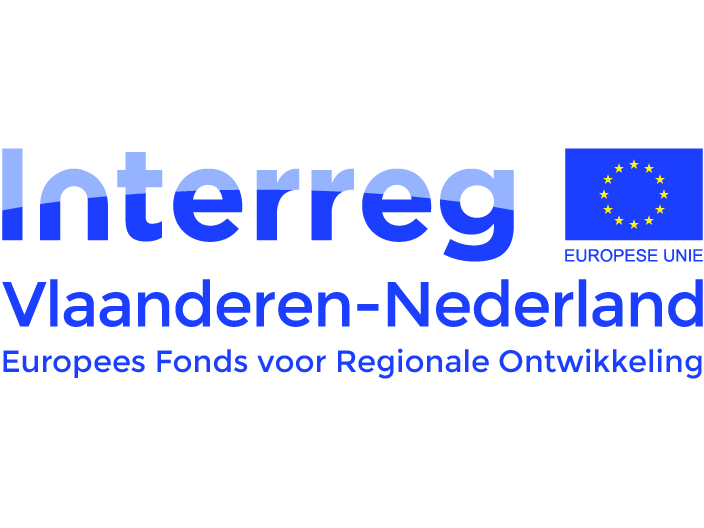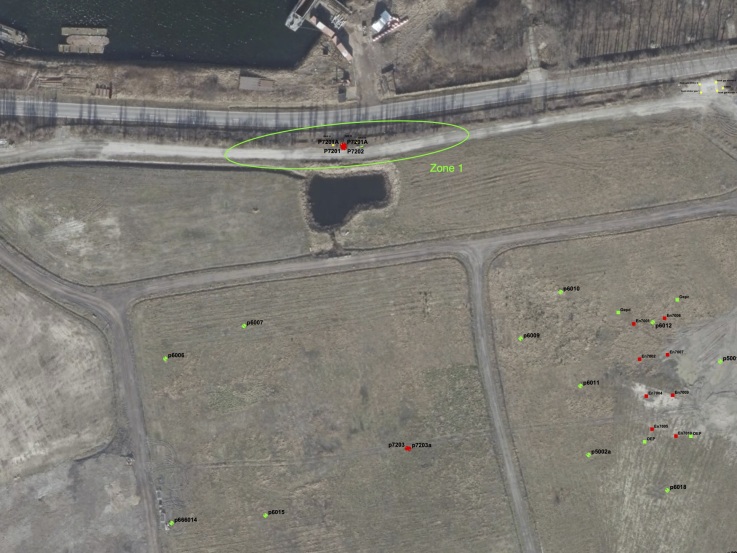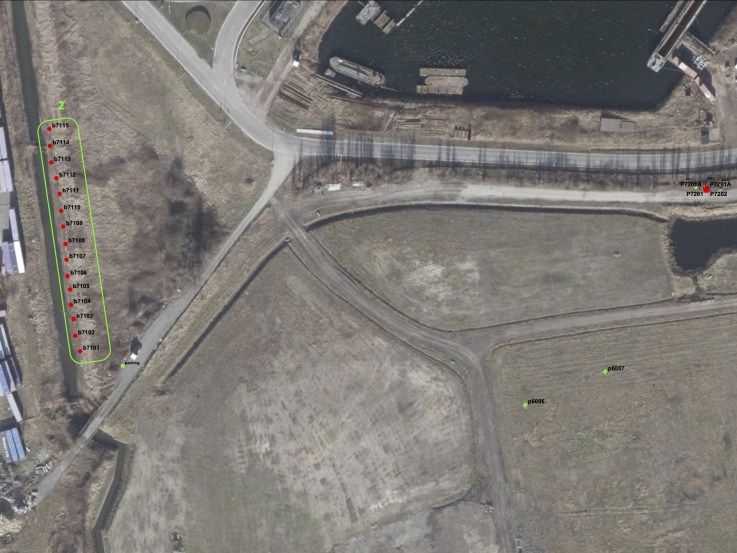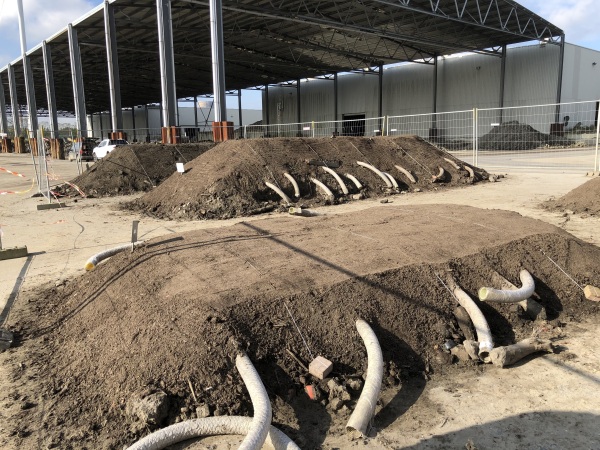⎯⎯⎯ BIO2CLEAN ⎯⎯⎯
Projects & References
❈ ❈ ❈
RESANAT
INTERREG PROJECT FLANDERS NEtherlands
project film resanat
With bio2clean, we apply micro-organism assisted phytoremediation on 3 pilot fields and we do this in close cooperation with Witteveen & Bos, iFLUX, Envisan (Jan De Nul Group) and the CMK of Hasselt University.
Thanks to the OVAM, we have the opportunity to tell you more about this pilot project.
Watch the project film (English subtitles)!
Interreg project FLANDERS NETHERLANDS
RESANAT
Within the framework of the Interreg project RESANAT (remediation of residual pollution using nature-based techniques), nine partners from Flanders and the Netherlands are testing how they can remediate residual pollution using new nature-based techniques.
Two test sites are located in Flanders, one in the Netherlands. These are the canal the Lieve in Ghent, the Carcoke site in Zeebrugge and a residential area in 's Gravenmoer.
The aim of RESANAT is to extend the application of nature-based techniques through demonstration. To this end, codes of good practice and policy advice will be developed in the project. RESANAT started in 2019 and runs until 30 April 2022.
Conventional remediation and management techniques are costly, energy-intensive, long-term and often require a lot of groundwater. RESANAT focuses on innovation in naturally based remediation techniques, using plants, micro-organisms, natural materials, and wind and solar energy to control residual pollution.
Micro-organisms assisted phytoremediation
Phytoremediation is a range of techniques that use plants and their associated micro-organisms to sequestrate, remove, metabolize and degrade contaminants in soil, (ground) water and sediment. Phytoremediation distinguishes itself from other biological remediation techniques because it uses living micro-organisms in collaboration with living higher plants to remove or stabilize pollutants from the environment.
Compared to traditional remediation techniques, phytoremediation has many advantages. Since plants play the main role, phytoremediation works largely on solar energy. Furthermore, it has minimal maintenance and operating costs, the remediation is done on site and no transport is required. Moreover, phytoremediation also reduces the percolation of rainwater, which means that the temporarily still present pollution leaches into the groundwater much less.
However, if there are limitations to "classical" phytoremediation, micro-organisms assisted phytoremediation may offer a solution. In this case, a selection of micro-organisms is enriched in the rhizosphere and/or inside the plant.
RESANAT Pilot zone 1 (edge of terrain)
A first zone is located on the northern edge of the Carcoke-site. This zone is characterized by residual pollution with mineral oil, polycyclic aromatic hydrocarbons, benzene, toluene, ethyl benzene, xylene and cyanide, both in soil and in groundwater. An additional characteristic of this zone is that the subsoil is very heavily debris containing up to a depth of 1 meter.
In this zone, 18 poplars and several rows of willow bushes were planted by Weerwerk on March 5th and 6th, 2020. An extension of the existing vegetation was also done in this zone by planting Sea Buckthorn (Hippophae rhamnoides).
The planted poplars together with the existing trees will form a hydraulic barrier. Part of the new planting as well as part of the existing trees will also be inoculated afterwards with the appropriate micro-organisms.
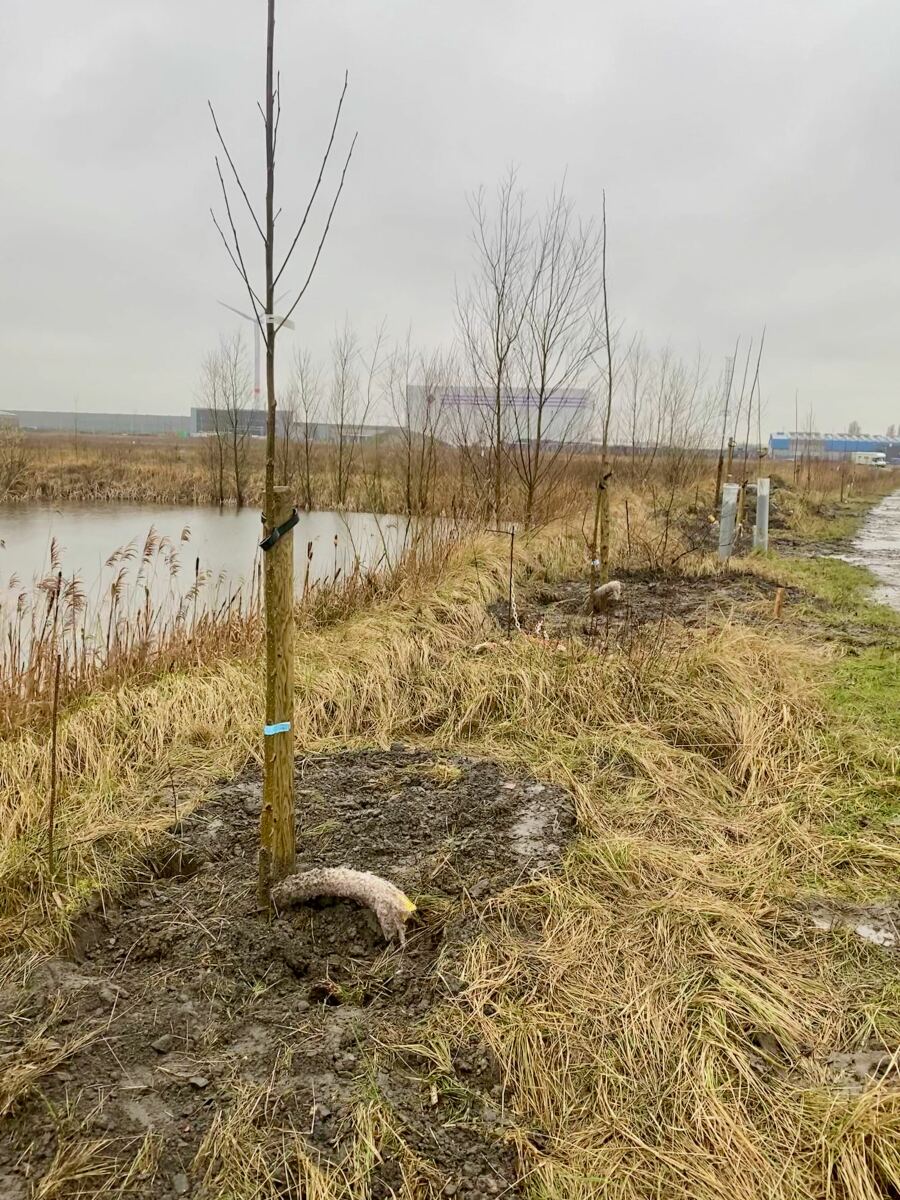
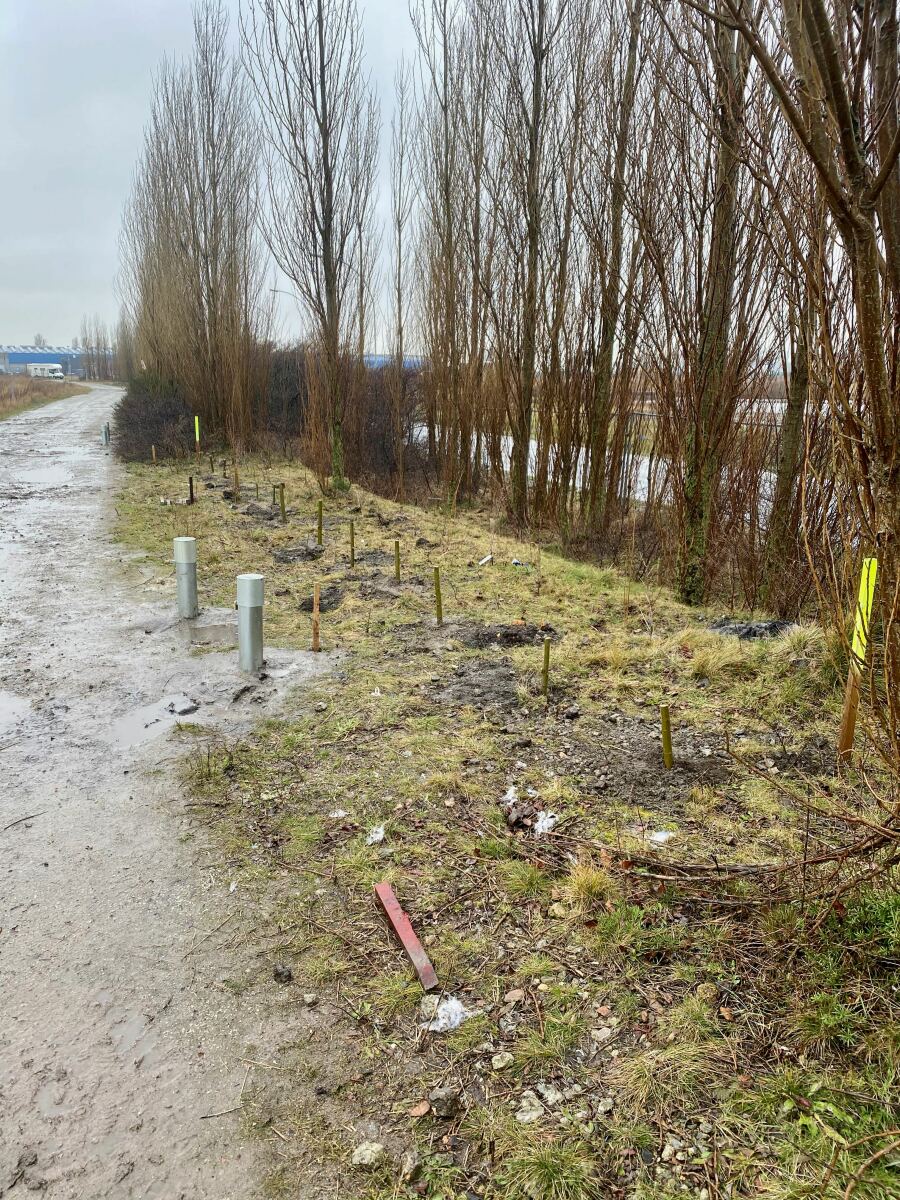
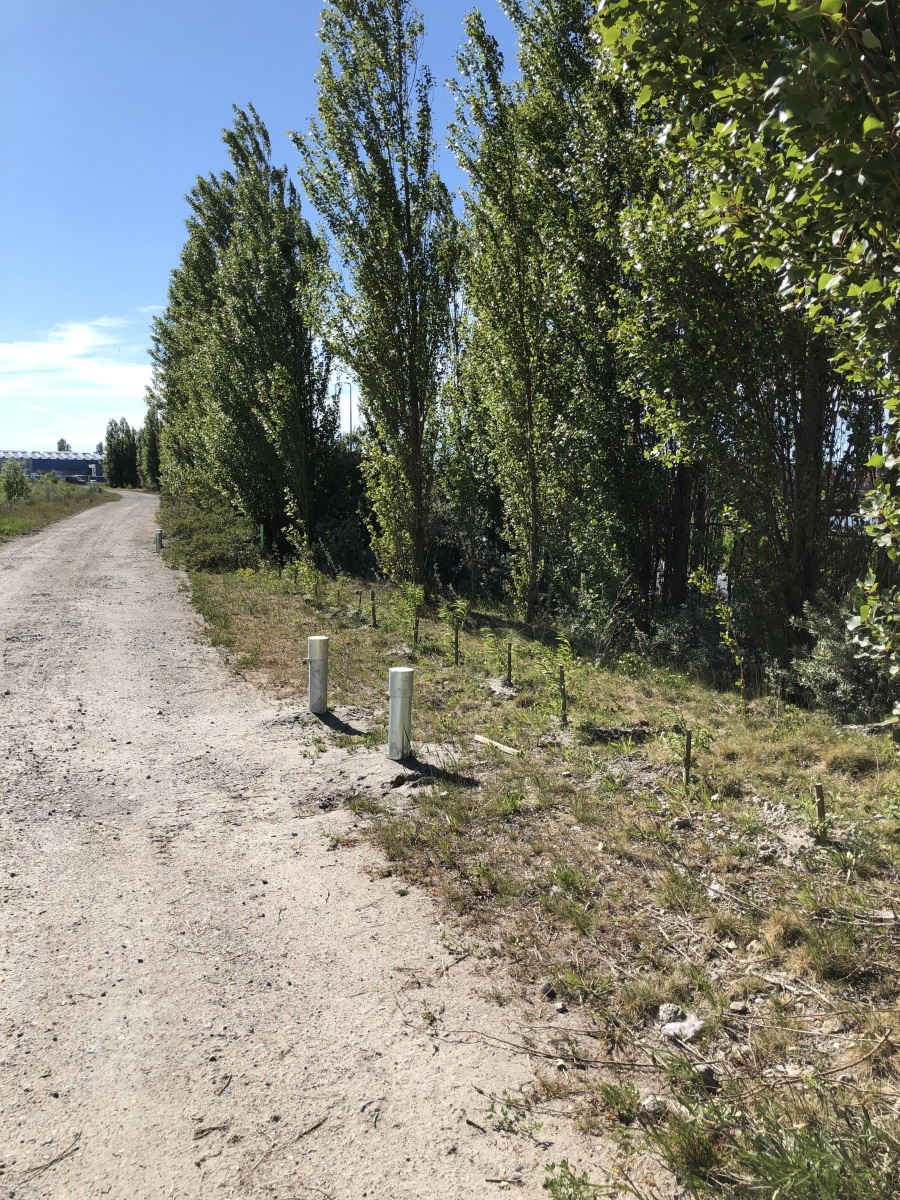
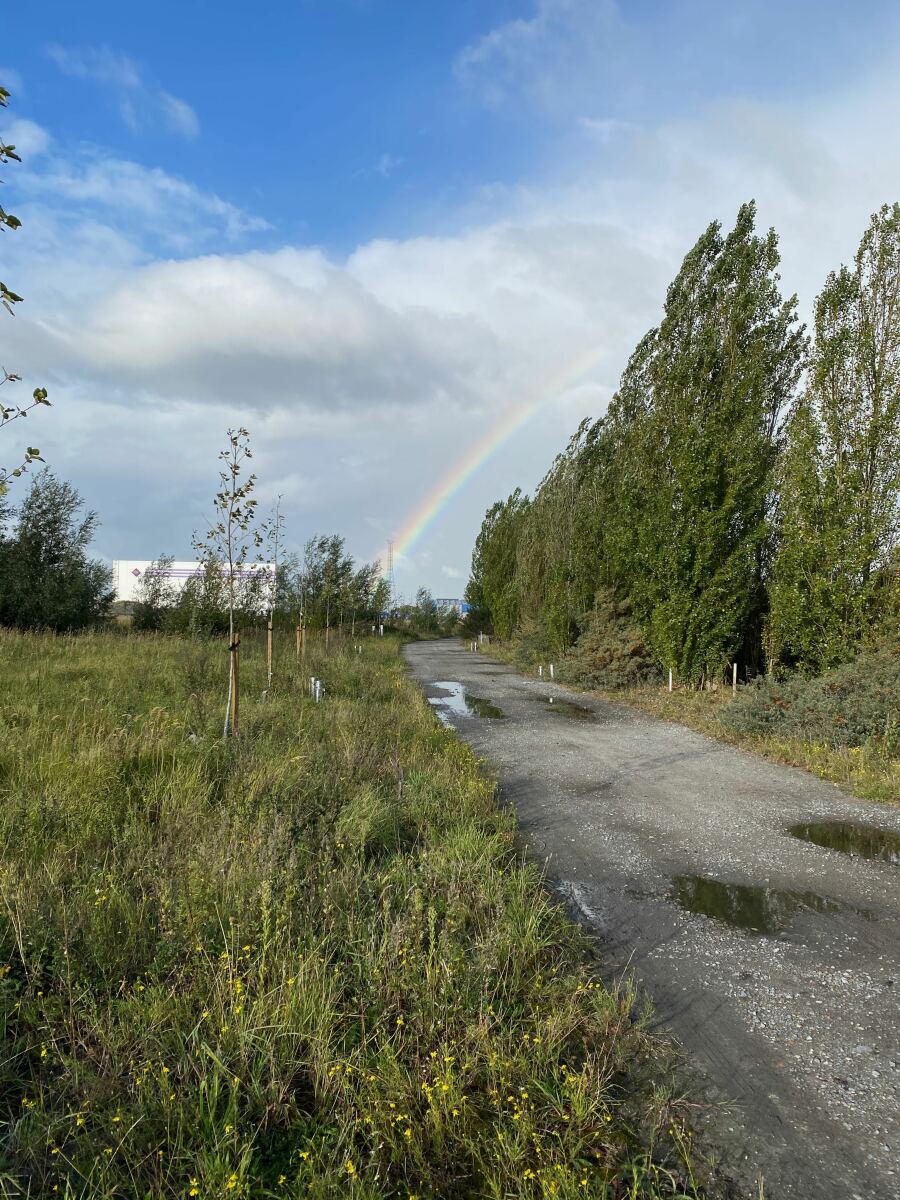
RESANAT Pilot zone 2 (riparian zone)
A second zone is located on the banks of the ‘Zijdelings Vaartje’. Here a soil pollution occurs with mainly mineral oil and polycyclic aromatic hydrocarbons. This zone is further characterized by a vegetation of Reed (Phragmites australis) and Dewberry (Rubus caesius).
The pilot test in this zone will be carried out partly on the basis of the existing reed vegetation and partly inoculated with suitable micro-organisms. In a limited part of this pilot zone 2 the vegetation was reduced, and Bulrush (Typha latifolia) was planted. This was carried out by Weerwerk on April 15th, 2020.
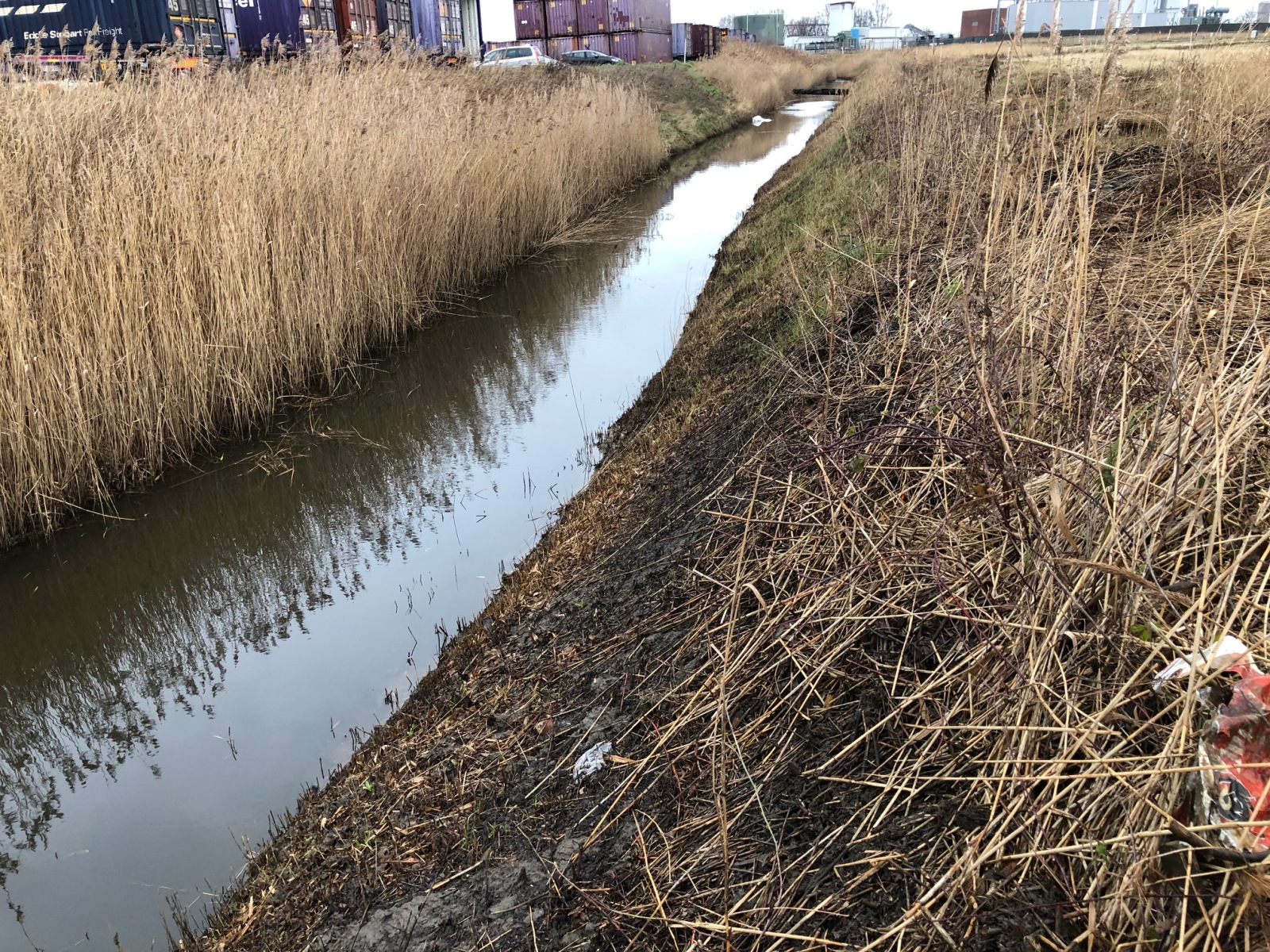
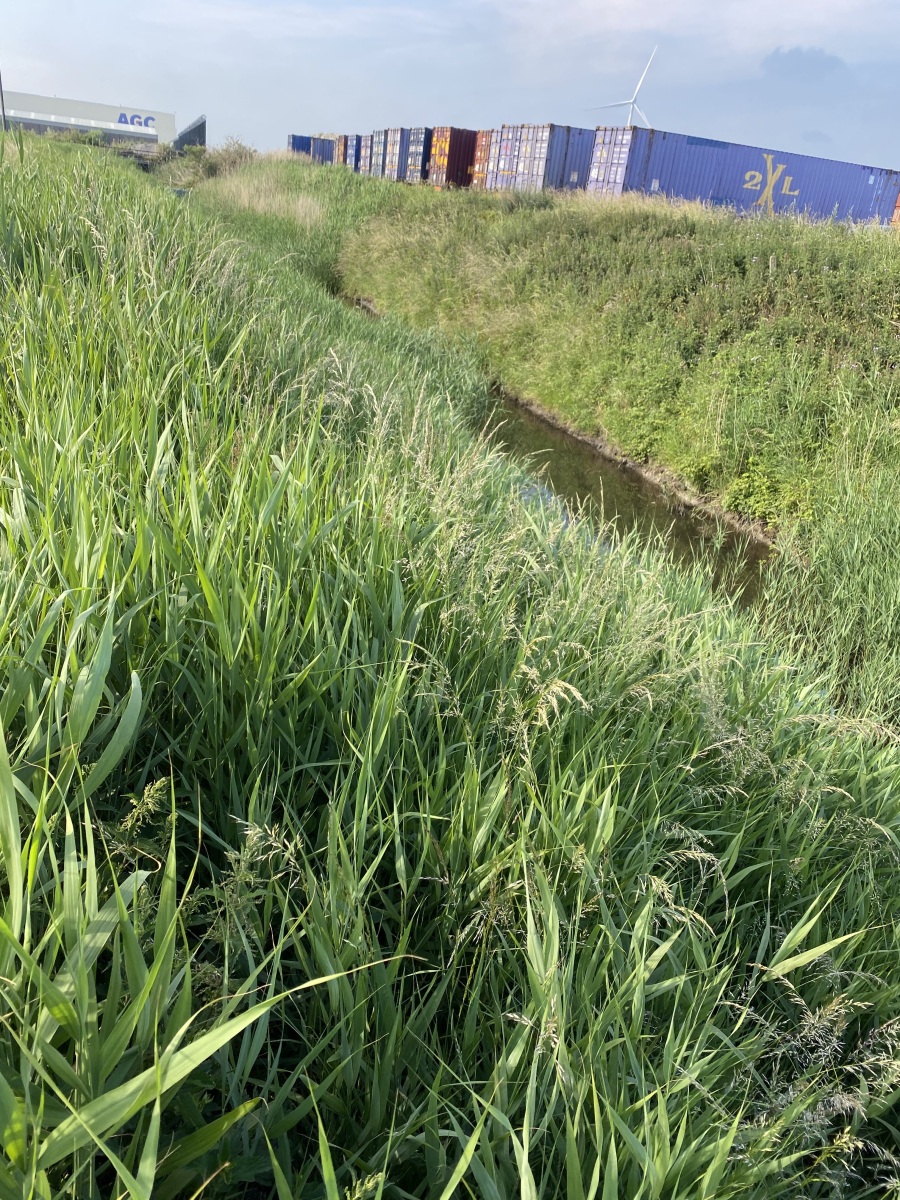
RESANAT Pilot zone 3 (phytopiles)
A third zone is a zone of phytopiles that are being set up on the site of Envisan S.A.'s soil remediation center with polluted sludge from the Lieve, a watercourse where a section was recently cleared, also as part of the RESANAT project. The sludge is mainly contaminated with mineral oil.
After dewatering, this sludge was placed on a pile on October 1st, 2020 and sown with different types of grasses on October 23rd, 2020 by bio2clean. Here too, part of the sown grasses was inoculated with suitable micro-organisms.
